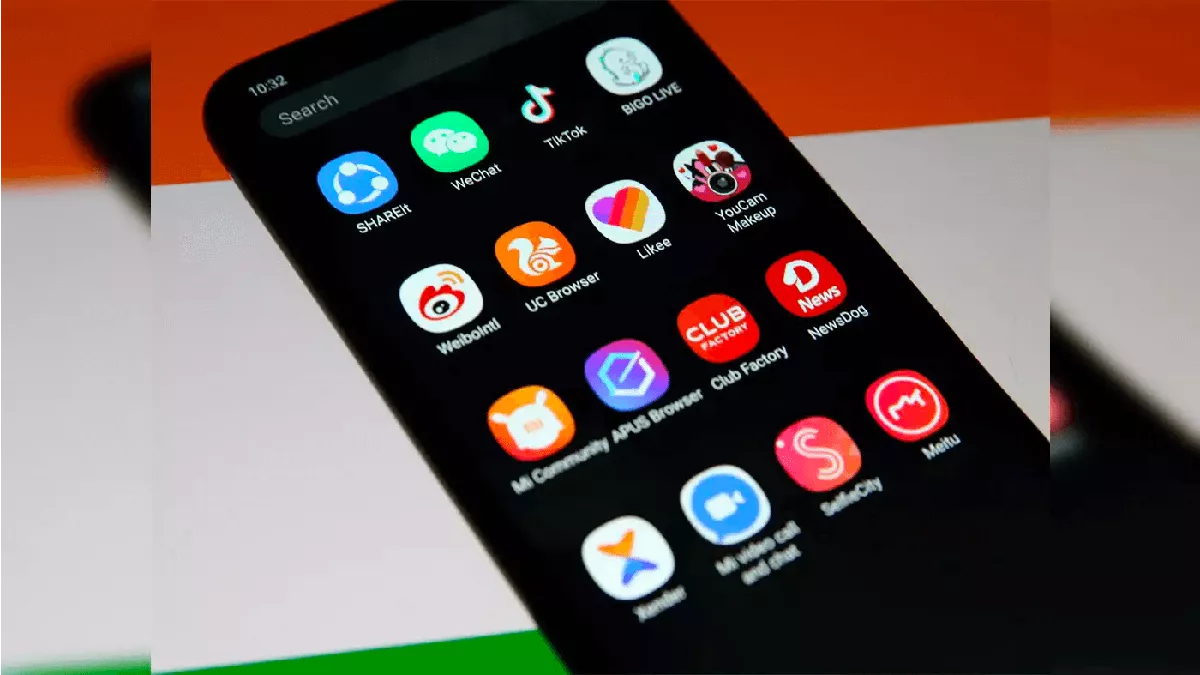In the quest to tap into the vast Chinese market, translating your mobile app into Chinese is often the first step. However, compliance in China goes beyond just translation. It’s about creating an experience that resonates with Chinese users and adhering to local regulations. In this guide, we will walk you through the essential steps to ensure your app’s success in China.
Why Translation Matters
A translated app is not just about meeting distribution requirements; it’s about improving user experience and aiding user acquisition. In China, all app stores, including iOS and Android, mandate a translated version for apps running advertisements. This is a prerequisite for opening a UA campaign account, such as Apple Search Ads. While translation tools like Google Translate are helpful, they fall short in capturing the nuances of the Chinese language, especially in the context of mobile apps.
Considerations when Translating Your Mobile App
-
Menu Text Conventions: What works in the West might not work in China. User interface elements like buttons and menu items should follow the language conventions that have organically developed for Chinese users.
-
Embedded Images: Images with words, symbols, or single letters may need translation to resonate with the local audience. Keep in mind that different cultures have unique perspectives.
-
Icons: Symbolic conventions differ across regions. For example, Chinese users may prefer a heart-shaped icon for “Favorites” over a star-shaped one. Ensure your icons are culturally relevant.
-
Communications: Direct translations of headlines and notices can result in harsh, awkward, or confusing messages. Understanding cultural norms is vital to avoid misunderstandings.
-
Legal Language: Contracts and terms of service must align with Chinese legal standards. Consult a legal expert to safeguard your rights and avoid misinterpretation.
-
Slogans and Ad Campaigns: Creative slogans and phrases often need a complete overhaul when transitioning to a different language. Learn from the mistakes of global brands who suffered embarrassing mistranslations.
-
Chengyu: Chinese is rich in chengyu, which are 4-character idioms deeply rooted in Chinese culture. Incorporating these idioms, when appropriate, can make your app more concise and native, enhancing user acceptance and familiarity.
In summary, it’s essential to invest in a knowledgeable native expert to review your translation to avoid costly mistakes.
Supercharge Your App's Success in China - Claim Your FREE Tailored Report Now?
Book a call with our legal experts to receive a personalized report outlining the essential licenses and step-by-step operations required to launch your software in China successfully.
Secure Your Free ConsultationBeyond Translation: Navigating Compliance
Translating your app is just the first step. To ensure full compliance and success in the Chinese market, consider these additional localization efforts:
1) Hosting: Host your website in China to ensure legal compliance and a seamless user experience.
2) Web Services: Keep in mind that Google-based web services are blocked in China. Explore 21YB Acceleration Solutions to bridge this gap and ensure your tech stack functions within China.
3) Testing: Conduct comprehensive testing to identify China-specific bugs and opportunities for UI/UX improvements.
4) Legal Compliance: Consult with legal experts to ensure your operations in China fully comply with Chinese law. Learn more.
The 21YunBox Advantage
At 21YunBox, we provide comprehensive translation and localization services to ensure your app’s success in the Chinese market. From distribution and monetization to user acquisition, our international, English-speaking team is ready to assist you every step of the way. Schedule a no-pressure consultation here, and let’s make your app thrive in China.

